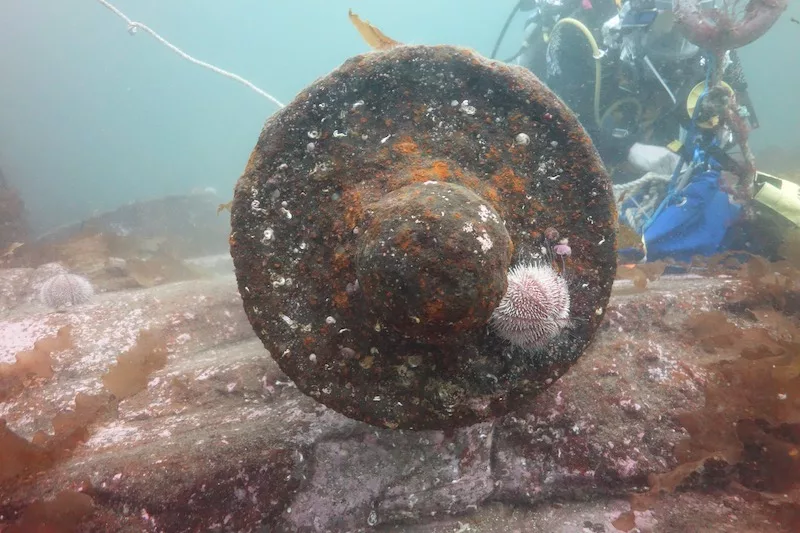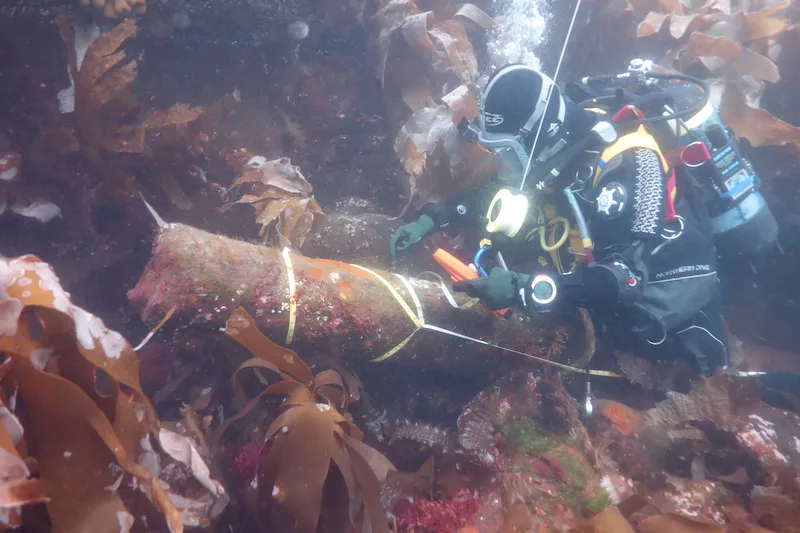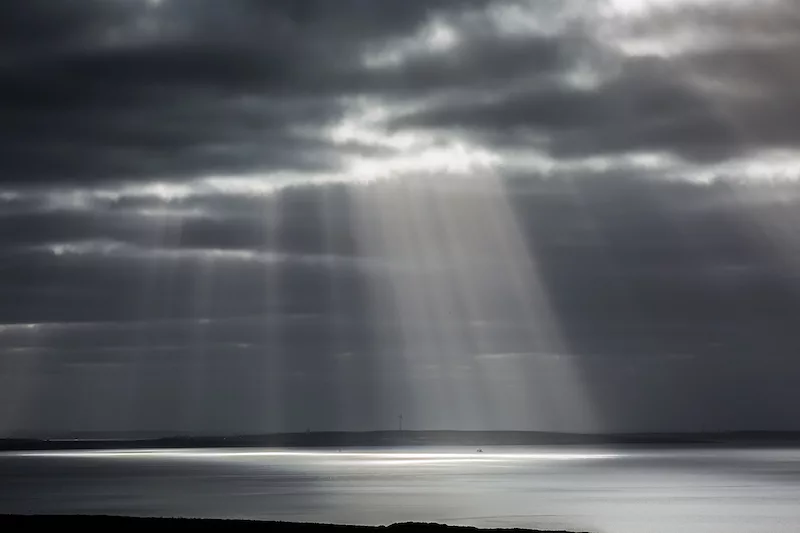Beneath the cold, clear waters off Orkney and Shetland lie two remarkable pieces of Scotland’s story and now they have been given the highest level of protection.
The Scottish Government has named Scapa Flow and the wreck of the Queen of Sweden as the country’s newest Historic Marine Protected Areas, ensuring these extraordinary sites are preserved for future generations.
Scapa Flow, off the coast of Orkney, holds the largest concentration of warship wrecks and wartime artefacts anywhere in the UK.
It was a strategic naval base through both World Wars and the final resting place of much of the German High Seas Fleet, scuttled at the close of the First World War.
The Queen of Sweden, built in Stockholm in 1741 for the Swedish East India Company, was the largest ship of her time for the company, sailing to trade with China before sinking in Shetland waters in 1745 during fierce winds.


Both are now recognised for their national importance, with strict legal protection making it a criminal offence to remove, alter or disturb them.
Cabinet Secretary for Climate Action and Energy Gillian Martin confirmed the designations during a visit to Scapa Flow.
“These two new Historic Marine Protected Areas are important additions to our network, which protect the most significant wreck sites across Scotland’s seas,” she said.
“The designation of these sites recognises their national value and will help ensure that future generations can continue to explore, learn from, and be inspired by Scotland’s underwater heritage.”
Director of Heritage at Historic Environment Scotland Elizabeth McCrone said the sites were vital to understanding the nation’s past.
“We are delighted that Scapa Flow and the Queen of Sweden have been designated as Historic Marine Protected Areas,” she said.
“These sites are nationally important parts of Scotland’s maritime history and this recognition will ensure they can be protected and enjoyed responsibly for generations to come.”
For Orkney Islands Council Leader Heather Woodbridge, the designation is also about protecting a fragile treasure.
“Wrecked vessels, including those of the German High Seas Fleet, are a significant heritage asset and attract visitors from all over the world,” she said.
“Sadly, the condition of the wrecks is deteriorating.
“Officially recognising and protecting these sites is vitally important to maximise their longevity while still allowing for responsible access, research and education where appropriate.”
In Shetland, the move has been warmly welcomed.
Council Leader Emma Macdonald said the Queen of Sweden was a rare survivor from the 18th century.
“She is one of the best-preserved trading vessels of her time, lying in shallow waters and popular with local divers,” she said.
“This designation will provide her with greater protection while ensuring she remains accessible to the diving community.”
With their stories secured under law, these two sites will continue to connect Scotland’s present to its deep and powerful maritime past.





